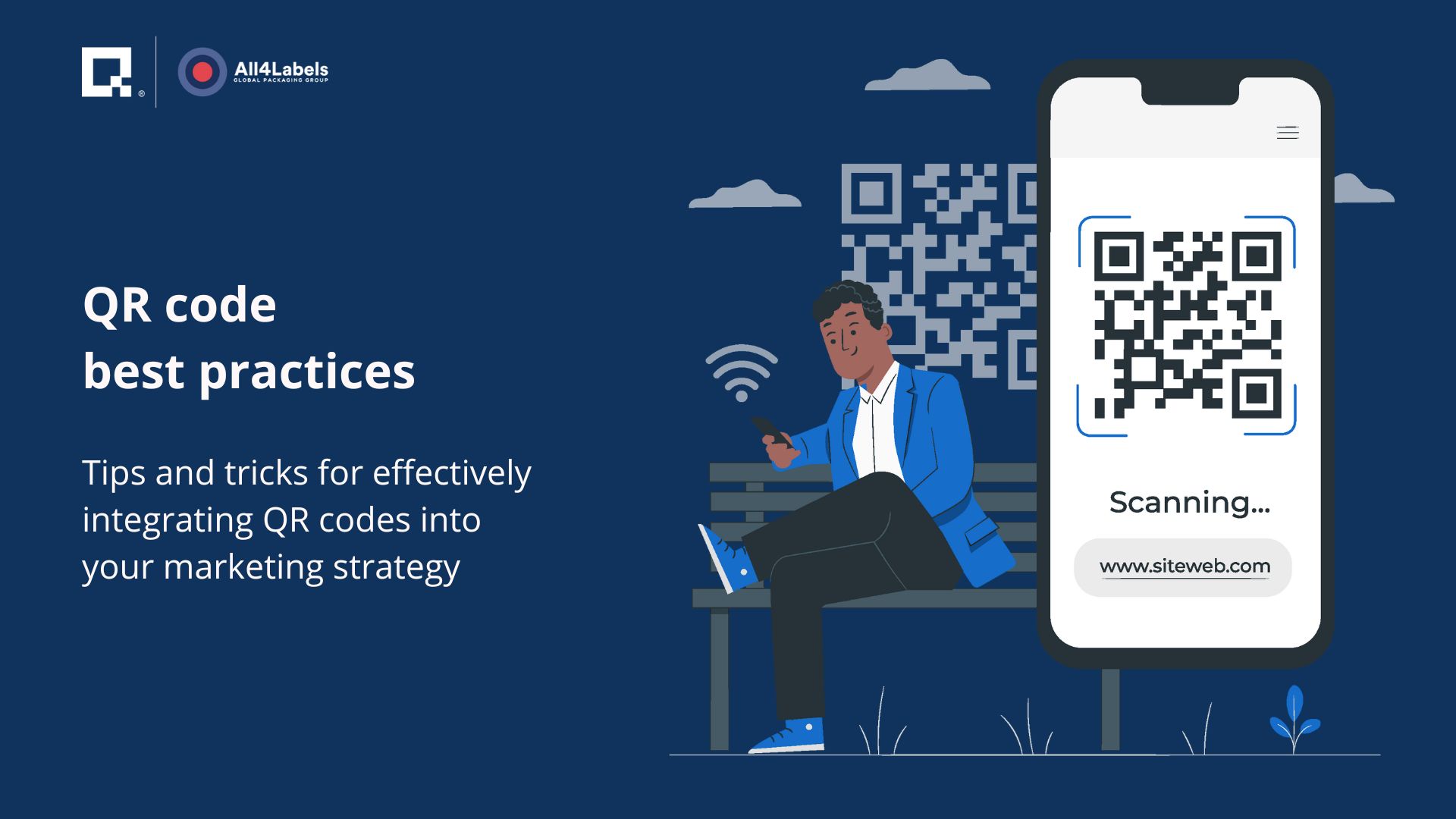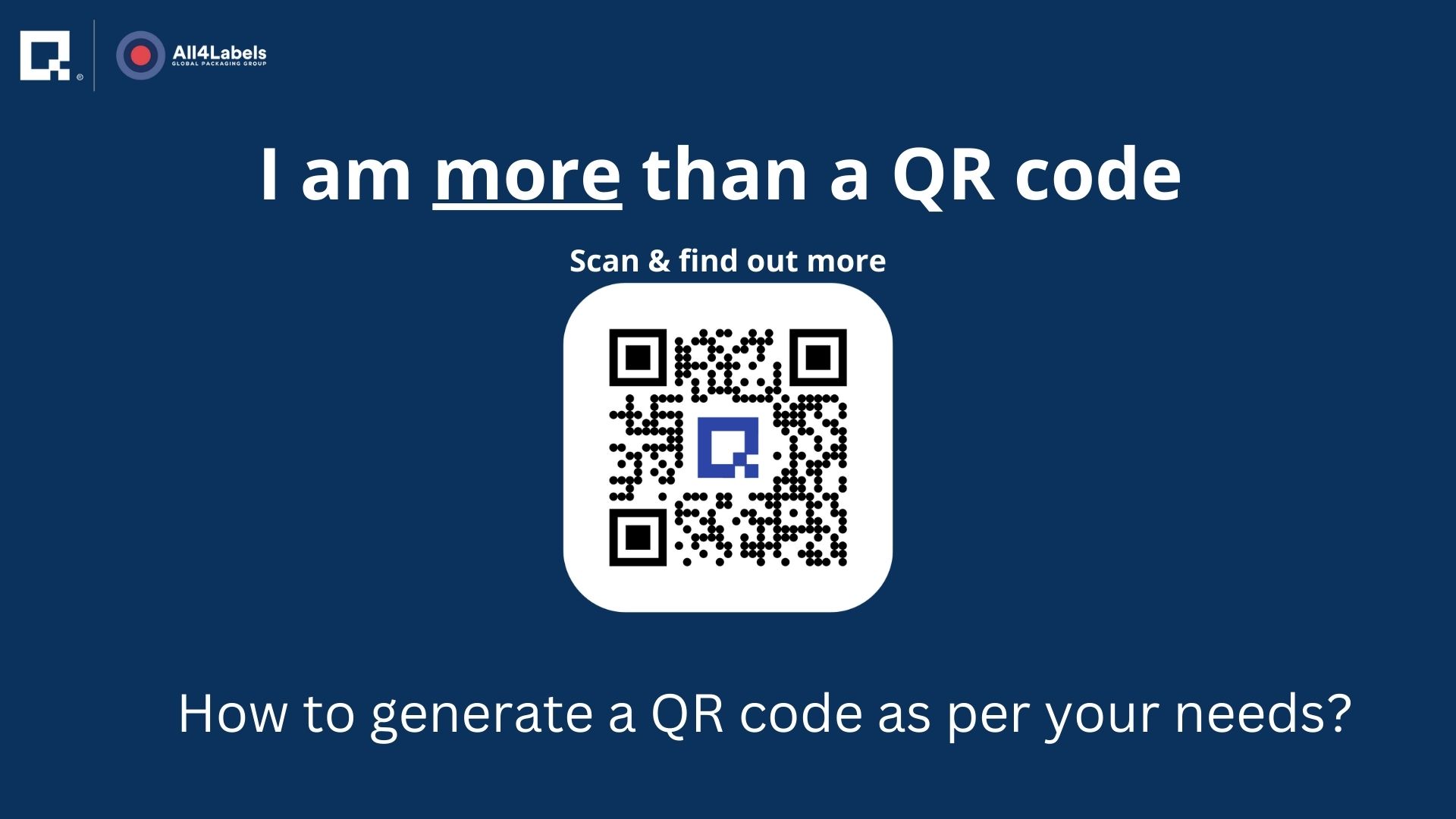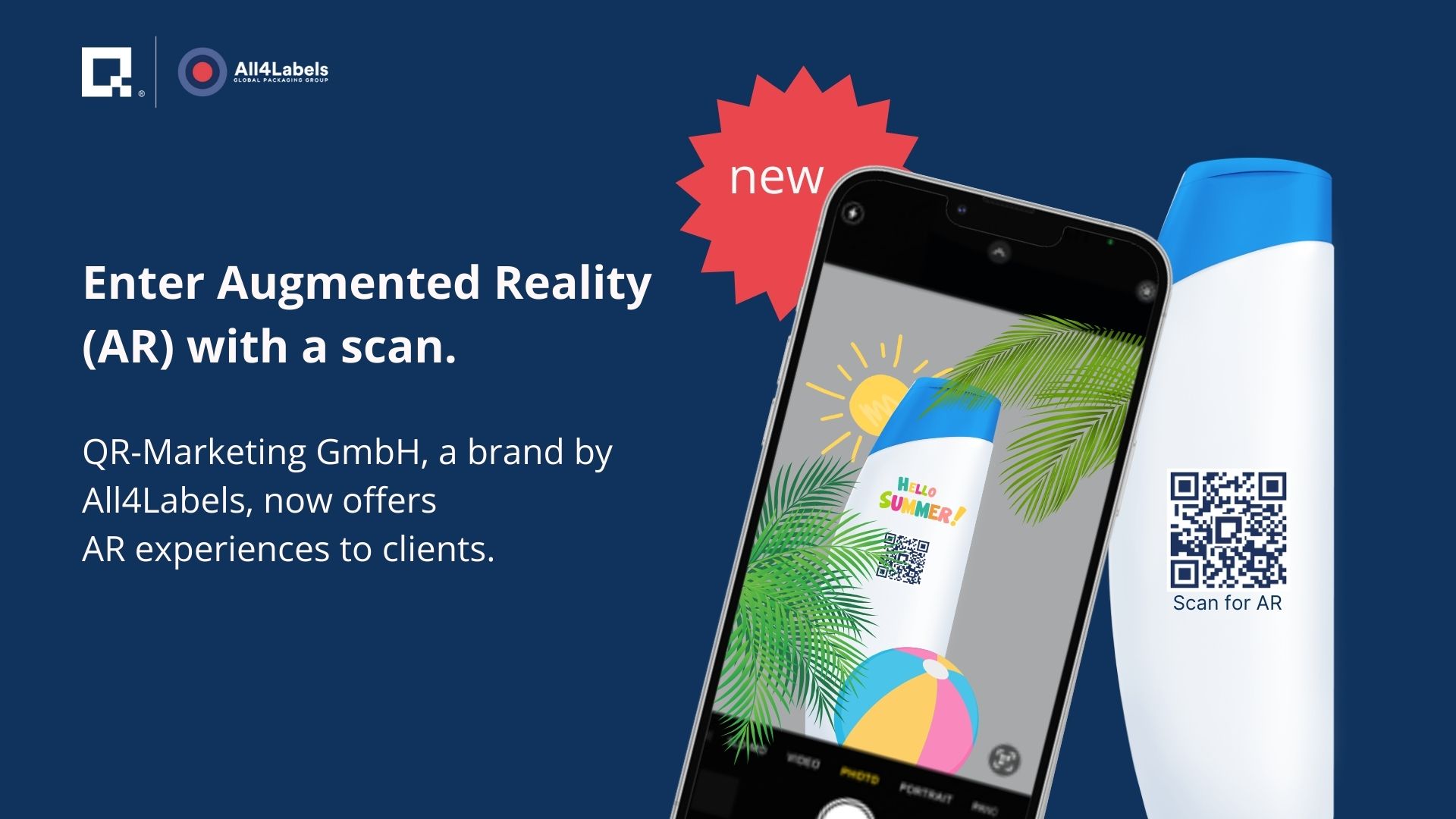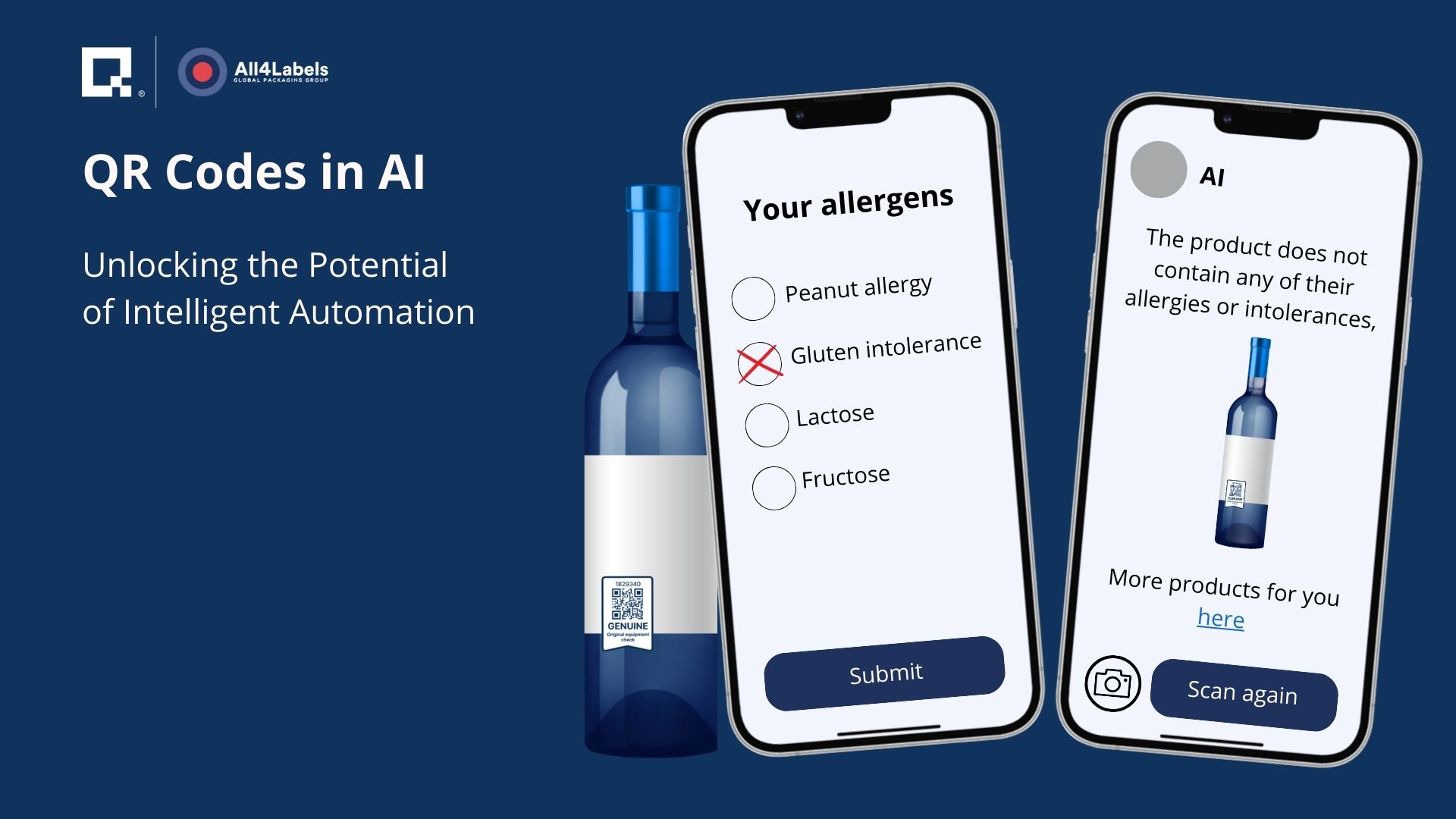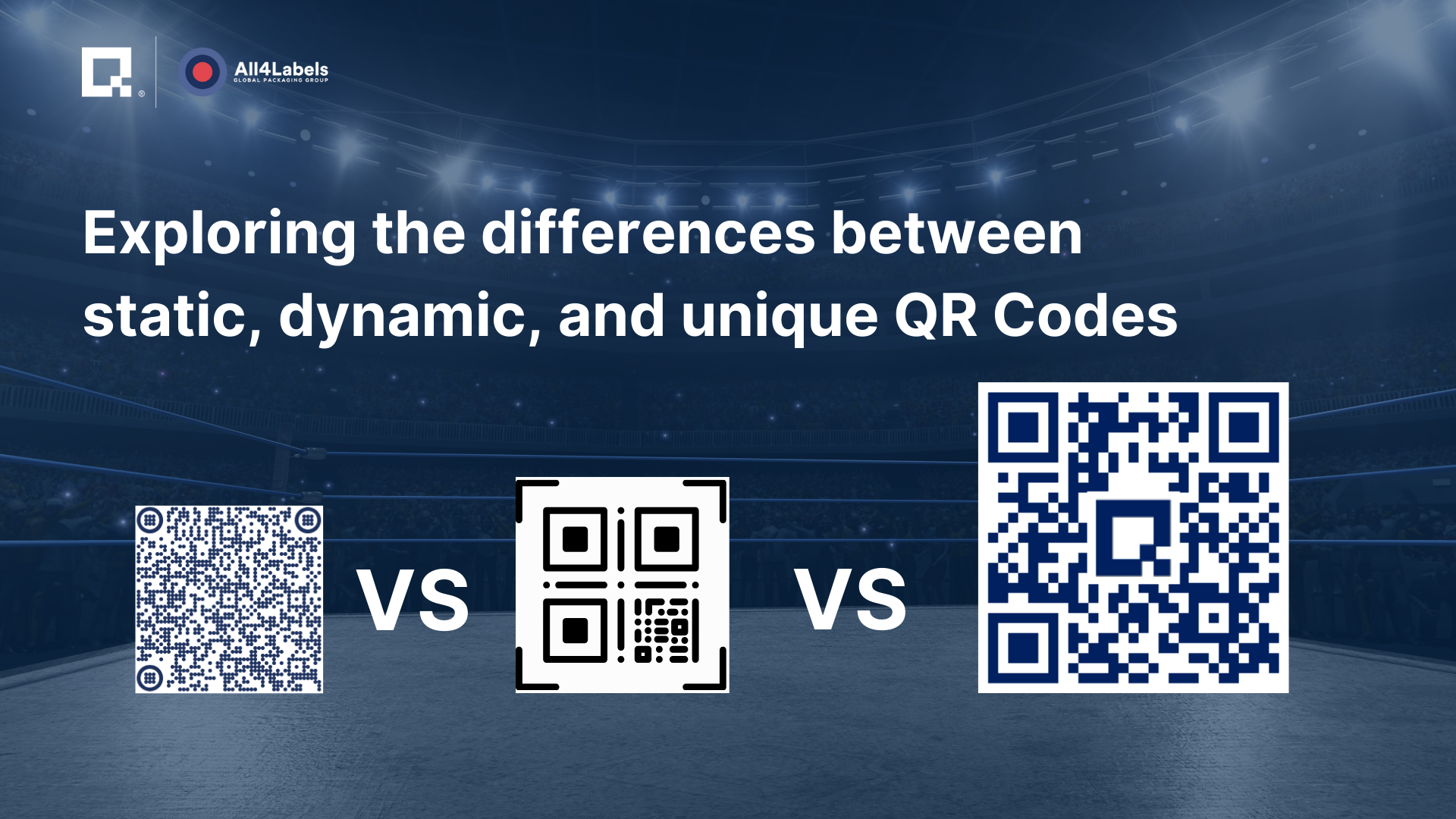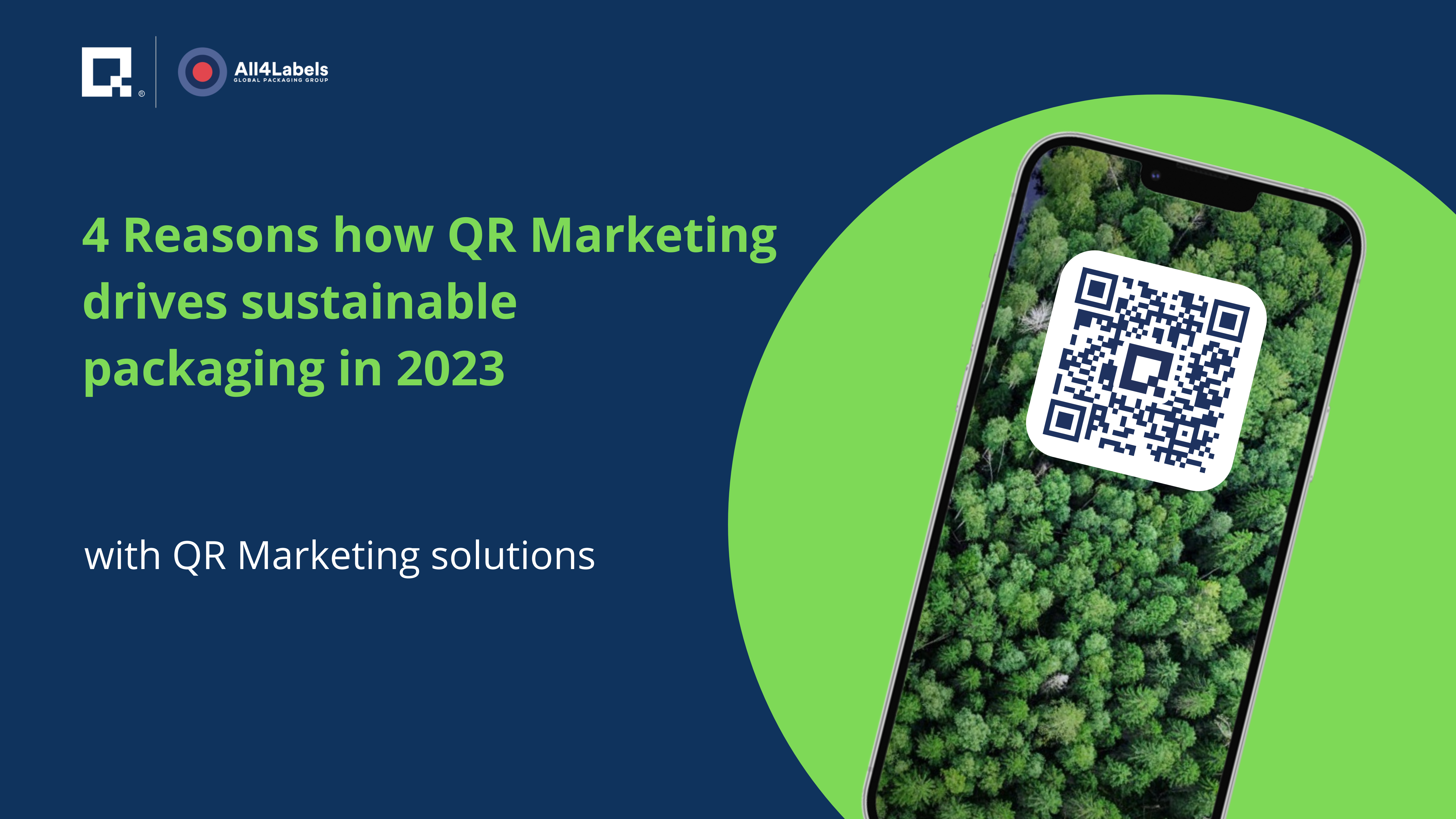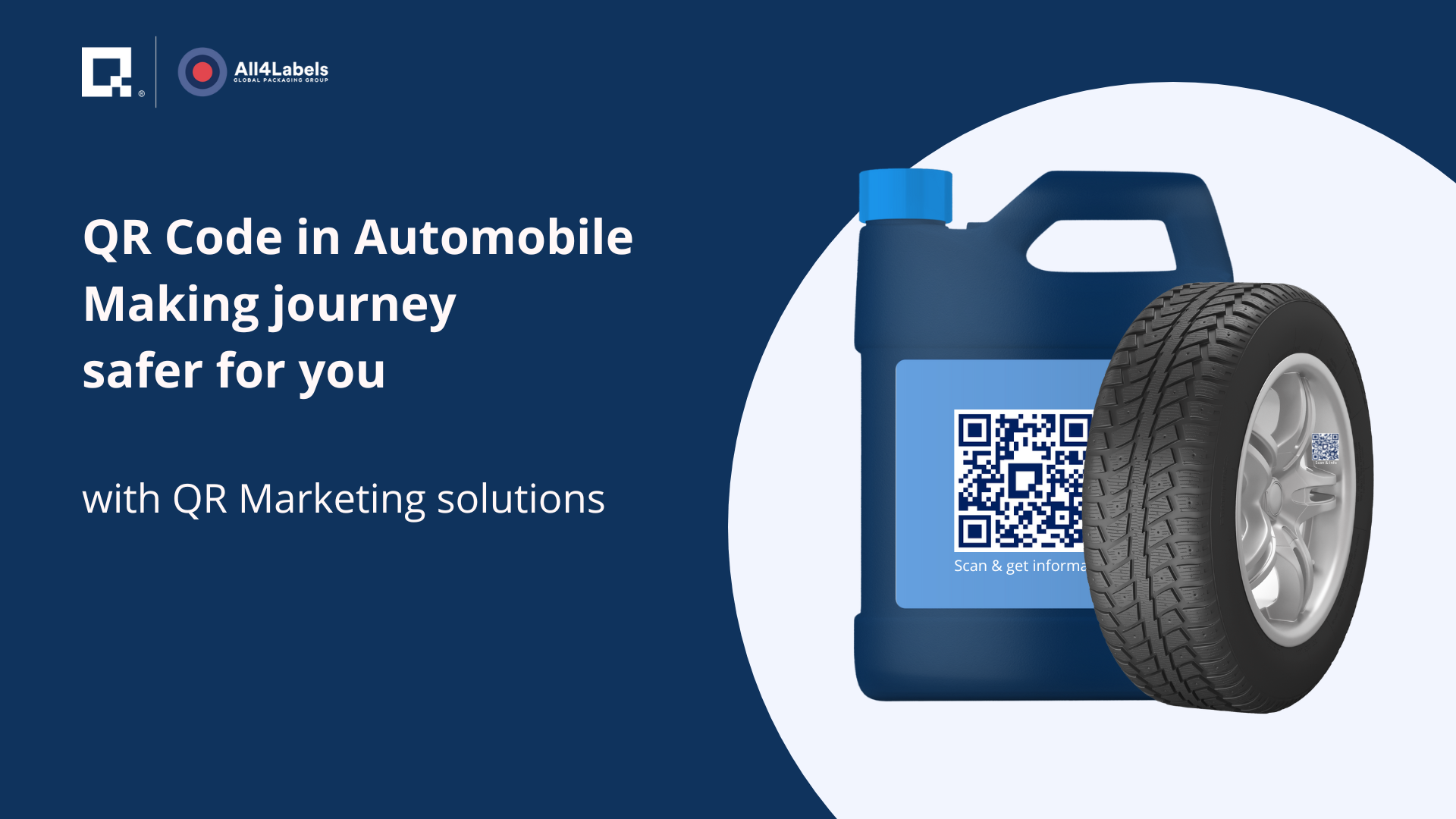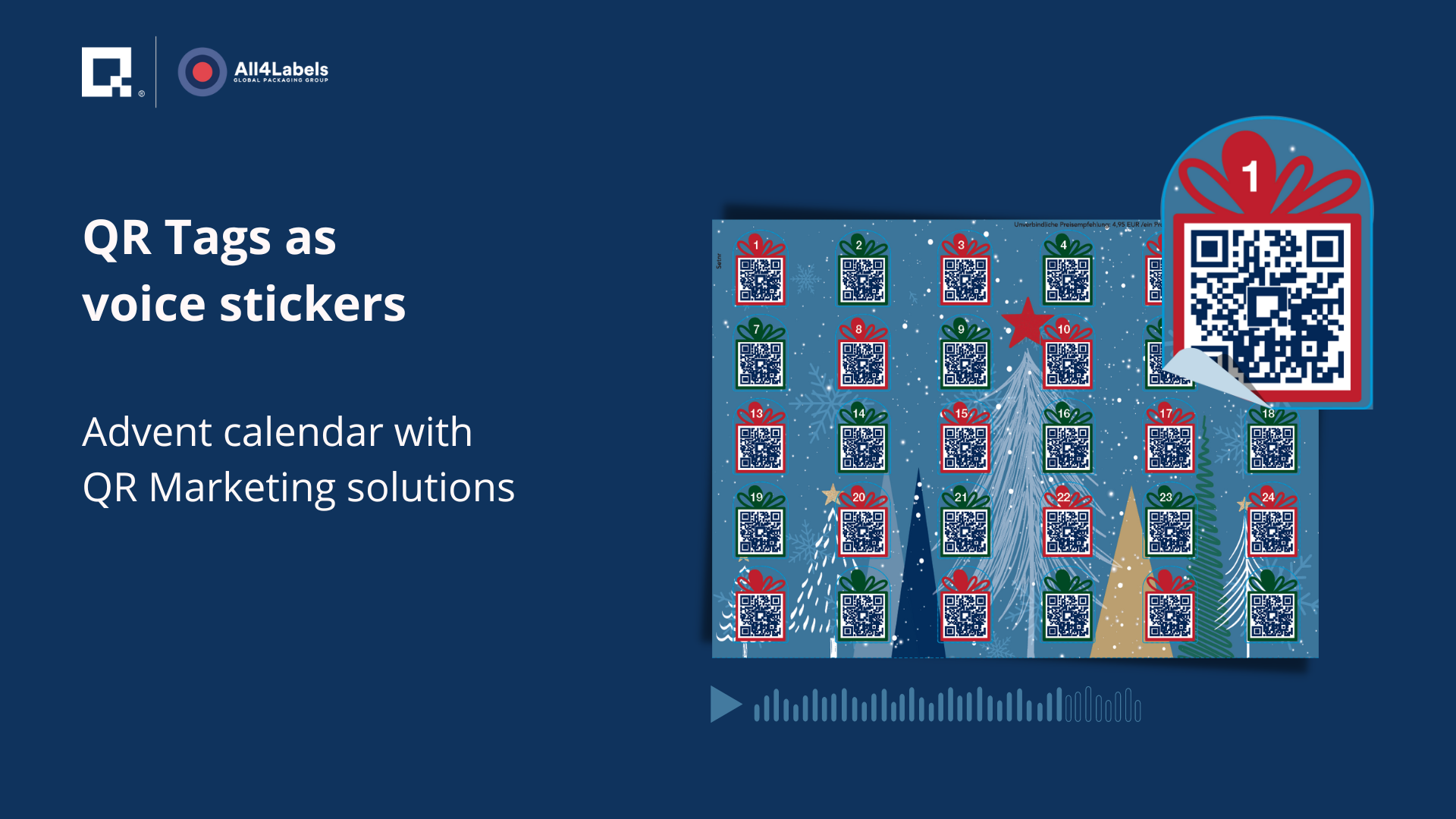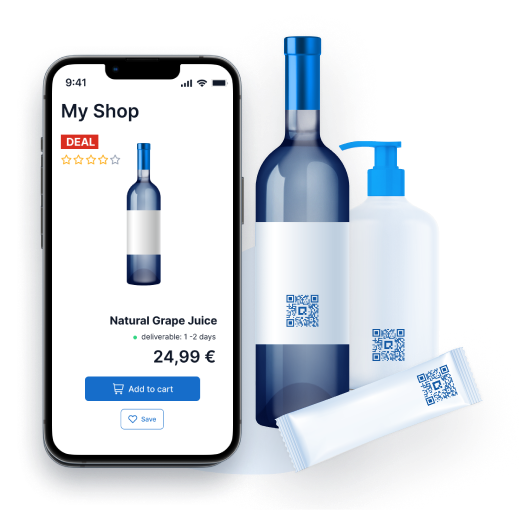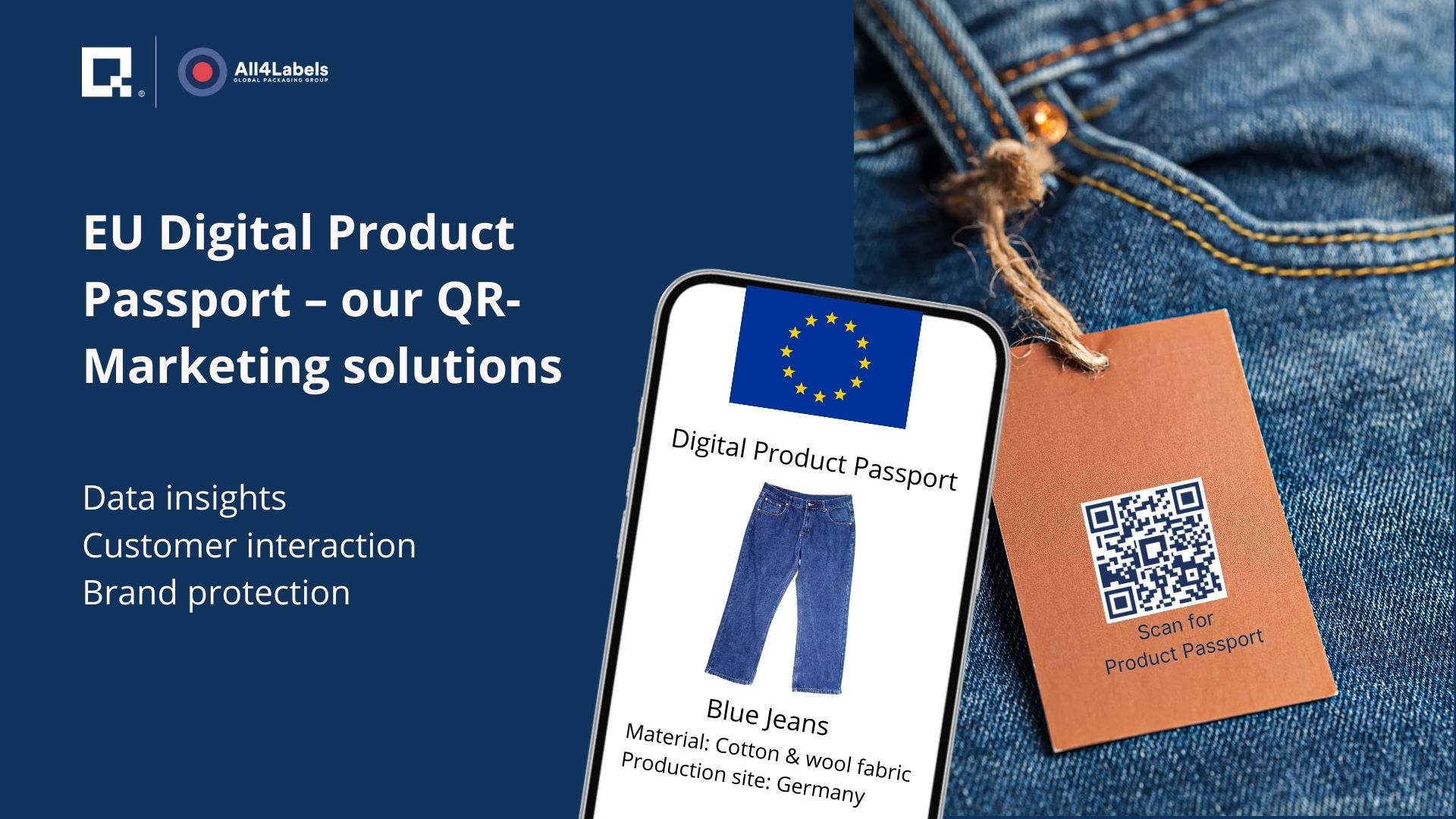
What are Digital Product Passports (DPP) ?
The Digital Product Passports (DPP) is a key proposal by the EU Commission to advance the implementation of the Green Deal. The Green Deal aims to significantly decrease greenhouse gas emissions and ultimately achieve carbon neutrality by 2050. The product passport plays a vital role in achieving these objectives by promoting transparency & sustainability, throughout the supply chain.
The sustainable product passport is basically a unique identification system to be place on a physical prodcut in the form of an NFC chip, QR Code, or RFID tag, unique to each product.
By utilizing these passports, companies can effectively track and document the sustainability aspects of their products throughout the supply chain. This includes information about the sourcing of raw materials, the manufacturing processes & supply chain involved, and the overall environmental impact.
With the increased need for sustainable companies, this sustainable product passport will be able to solve the long-standing problem of transparency. Thereby, promoting sustainability and anti-counterfeiting well as optimising sustainable living. For the consumer specially, DPP is beneficial because it allows making informed purchasing decisions by having traceable reliable information throughout the supply chain.
The Need for Digital Product Passports :
The new regulation by European Commision on Ecodesign for Sustainable Products, published on 30 March 2022 highlights that :
‘’The new “Digital Product Passport” will provide information about products’ environmental sustainability.... By 2030, the new sustainable products framework can lead to 132 mtoe of primary energy savings, which corresponds roughly to 150 billion cubic meters of natural gas, almost equivalent to EU’s import of Russian gas.’’
The European Union is actively promoting the adoption of Digital Product Passports (DPPs) to prioritize sustainability by emphasizing the responsible use of resources, minimizing waste generation, and encouraging recycling via sustainable business models. The EU regulations in this direction are the Circular Economy Action Plan (CEAP) and the Ecodesign for Sustainable Products Regulation. These initiatives aim to foster the growth of sustainable companies and establish a higher environmental impact.
According to Elena Rotzoku, specialist researcher on extended producer responsibility ( EPR ) the surge in extended producer responsibility (EPR) legislation in Europe in 2023 signifies a significant shift in environmental impact awareness at the governmental level, indicating the need for Digital Product Passports as a means to further enhance sustainability practices.
’Over 90% of all materials extracted and used are wasted. Between the 'COP25 in Paris', 2015, where the Paris Agreement was formed and COP26 in Glasgow, 2021, 70% more virgin materials were extracted than what the Earth can safely replenish.‘’
The Circularity Gap Report, 2022 ( https://www.circularity-gap.world/2022 )
As per the World Business Council for Sustainable Development and Boston Consulting Groups’s report (2022), The transition from a linear to a circular economy is imperative for sustainability. Currently, there is a significant need to promote sustainable products, reuse products to have a longer lifecycle in value chains all over the world. With the help of DPP, sustainability can be a more realistic goal as it promotes longer product cycles.This is essential for an improved enviornmental impact on our planet and the advancement of sustainable companies.
The implementation of DPPs will influence the EU market significantly, and considering the scale of the EU market, its effects will be substantial. The European Commission also intends to introduce DPPs for imported goods. The European Union is presently engaged in formulating a fresh set of rules and guidelines for Digital Product Passports (DPPs), with the anticipation of obtaining final endorsement in 2024. The commencement of the implementation stage for DPPs has the potential to transform functioning of many industries.
Which industries are most affected and why ?
‘Only 17.4 % e-waste is being recycled according to the Global E-waste Monitor 2020.’
According to the New EU Battery Regulation, This sustainable product passport will be introduced gradually in 30 industries, starting with batteries as the initial focus. Despite the legal requirement for compliance by 2026, industry organizations are already taking proactive measures to ensure adherence. Recently, the Global Battery Alliance (GBA), the largest multi-stakeholder organization dedicated to establishing a sustainable battery value chain by 2030, unveiled a proof of concept for its Battery Passport at the World Economic Forum in Davos in january 2023.
According to EU Strategy for Sustainable and Circular Textiles and Ecodesign for Sustainable Products Regulation respectively textiles and electronics also have a priority. Food and pharmaceutical products will be excluded for now.
In a Nutshell : Benefits of Digital Product Passports
Benefits for Consumers: Increased transparency in the supply chain, allowing informed purchasing decisions based on sustainability and ethical considerations and reduced the risk of counterfeit products.
Benefits for Businesses: Access to valuable data and insights to drive innovation, product development, and customer engagement, along an opportunity to develop sustainable business models, specially with the use of serialised QR Code. Learn more ways in which serialised QR Code being used for higher customer engagement.
Benefits for Policy Makers: Establish a standardized foundation for monitoring the sustainability efforts of various businesses and organizations, enabling policymakers to establish key performance indicators (KPIs) and take appropriate actions if necessary.
Key Challanges with Digital Product Passports (DPPs):
While the introduction of Digital Product Passports (DPPs) to the EU market holds great promise for enhancing sustainability outcomes, it also presents several challenges that must be addressed.
Finding a delicate balance between sharing relevant information and safeguarding personal and corporate data, in context of data protection policies .
Limited resources and expertise may prevent small and medium-sized enterprises (SMEs), start-ups, waste operators, and consumers from utilizing DPPs.
The EU regulation will give rise to a new competitive market that values sustainability approaches.
How can QR-Marketing help ?
Our experts will support your to realise digital product passport through our cutting-edge technologies of QR, NFC and eRFID ( sustainable alternative to RFID ) to empower businesses of all sizes to effortlessly transition to realisation of EU regulations on sustainability for their product lines. Feel free to book a free call with us.
QR-Marketing GmbH specializes in providing serialized QR codes that are well suited for Digital Product Passports (DPP). When it comes to effective data carriers, not all QR Codes can be utilized. Static or non-serialized QR Codes are not working for DPP as they can only provide information at the product level, lacking the ability to uniquely identify individual units. However, dynamic, serialized QR Codes are ideal for DPP requirements, enabling association of data with specific product units and facilitating product traceability. Learn more about Static QR Codes vs. Serialised QR Codes.
Trust and security are fundamental aspects of QR Code implementation for DPP, and QR-Marketing, we value highest level of brand protection and customer engagement through sustainable business practices. Contact us for a personalised consultation to chose the best solutions for DPP in your way forward.
Why use QR-Codes as your solution for Digital Product Passports ?
Unique QR Codes have a vast potential. Learn more ways of using QR Codes for sustainablity
There are are multiple benefits of using the serialised QR Code for easy implementation of the Digital Product Passport on your product line :
Cost-effectiveness: QR Codes can be easily generated and printed at a low cost, making them a cost-effective solution for implementing DPPs. On the other hand, NFC and RFID technologies often involve higher costs for the required hardware and infrastructure.
User-friendly : QR Codes are platform-independent and can be scanned using various smartphones and devices regardless of the operating system. NFC and RFID, on the other hand, may have compatibility issues across different devices and platforms.
Consumer engagement: Serialized QR Codes can be used to provide additional information or engage consumers through interactive experiences, such as linking to product details, sustainability certifications, or educational content. NFC and RFID, while capable of storing more data, may not offer the same level of consumer engagement possibilities.
Ease of set up: Serialized QR Codes can be printed on a wide range of materials, therefore it offers sustainable packaging. Moreover, This versatility allows for easy integration into existing product labeling and documentation processes. NFC and RFID, however, require specific tags or chips to be embedded in the products, which can be more complex and restrictive.
At QR-Marketing GmbH – a brand by All4Labels, we have created solutions to enable innovative customer interaction, to build brand protection and interactive retail. You can book a free call with our expert to help build a marketing strategy. industry specific solutions to create innovative customer interaction, to build brand protection and interactive retail. You can book a free call with our expert to help build a marketing strategy.

